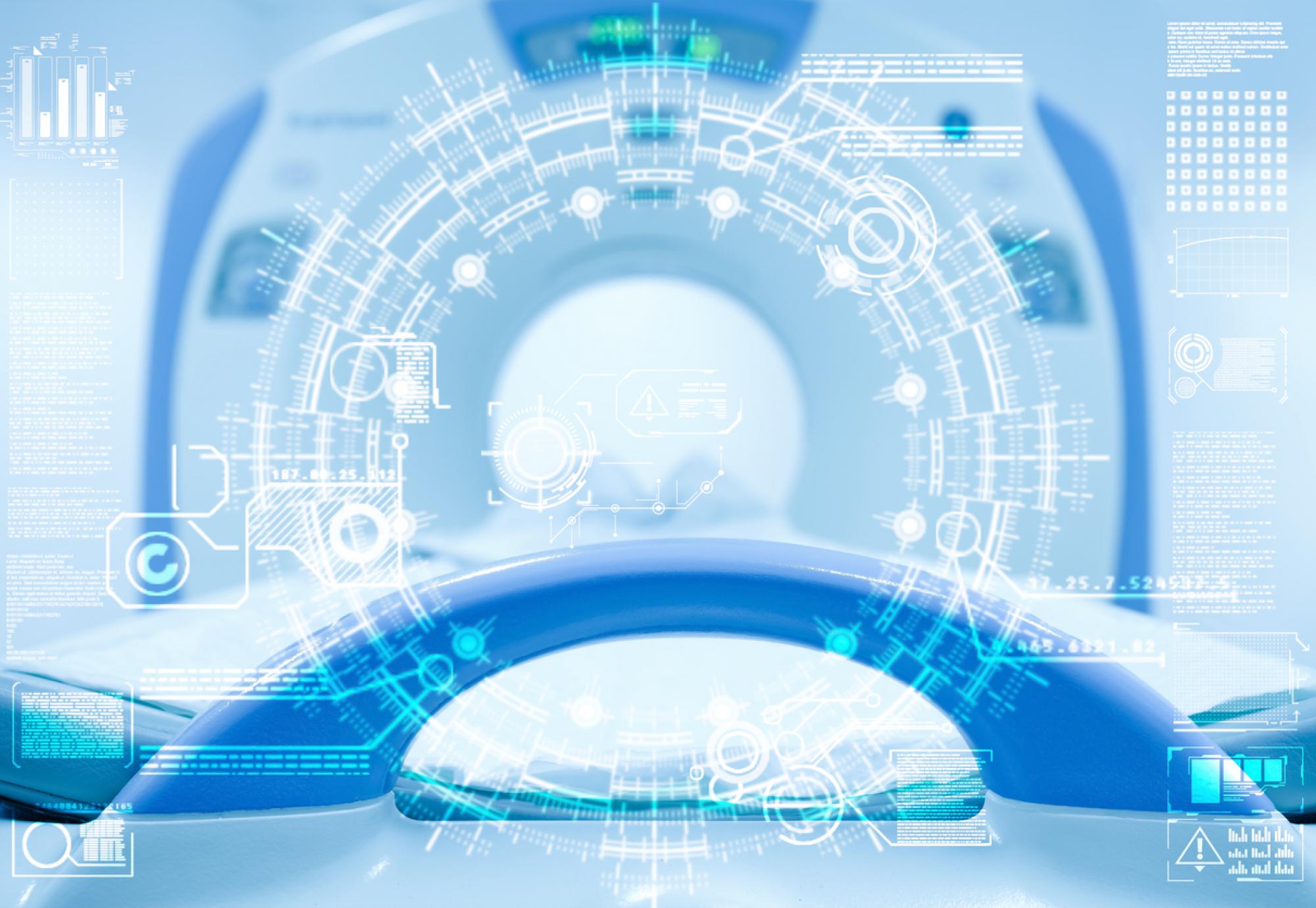A first-of-its-kind AI tool is currently being used at the Royal Free London NHS Foundation Trust to treat nearly 150 patients every week.
The study was a collaboration between researchers at the Royal Free London NHS Foundation Trust, UCL, Barts Heart Centre at St Bartholomew’s Hospital, Queen Mary University of London, and the National Institutes of Health (NIH).
The tool analyses heart MRI scans in 20 seconds, a vast improvement on the 13 minutes it is thought to took consultants to analyses MRI images.
It can also detect heart function and structure with 40 percent greater precision than a human can.
There are over 120,000 heart MRI scans performed in the UK each year, all taking up valuable clinical time to review. Researchers believe that the new tool will save around 3,000 clinical days a year.
Professor Marianna Fontana, Professor of cardiology at UCL and Director of the cardiovascular magnetic resonance unit at the Royal Free Hospital said: “This ultra-fast AI analyses complex heart scans in record speed, detecting the structure and function of a patient’s heart with more precision than ever before. This will have significant implication in clinical practice as it will unveil changes in structure and function that were not visible before, with enhanced accuracy and precision. This could also be very useful in assessing treatment response to new drugs at different stages of drug development."
Patient outcome and diagnosis will be improved drastically through use of the new technology. It is able to spot early signs of heart disease and can also potentially detect heart conditions in people with a family history of heart disease.
Dr Sonya Babu-Narayan, associate medical director at the British Heart Foundation, said: “This is a huge advance for doctors and patients, which is revolutionising the way we can analyse a person’s heart MRI images to determine if they have heart disease at greater speed.
“The pandemic has resulted in a backlog of hundreds of thousands of people waiting for vital heart scans, treatment and care. Despite the delay in cardiac care, whilst people remain on waiting lists, they risk avoidable disability and death. That’s why it’s heartening to see innovations like this, which together could help fast-track heart diagnoses and ease workload so that in future we can give more NHS heart patients the best possible care much sooner.”
The AI is planned to roll out to 40 other locations across the UK and globally over the next year.



















